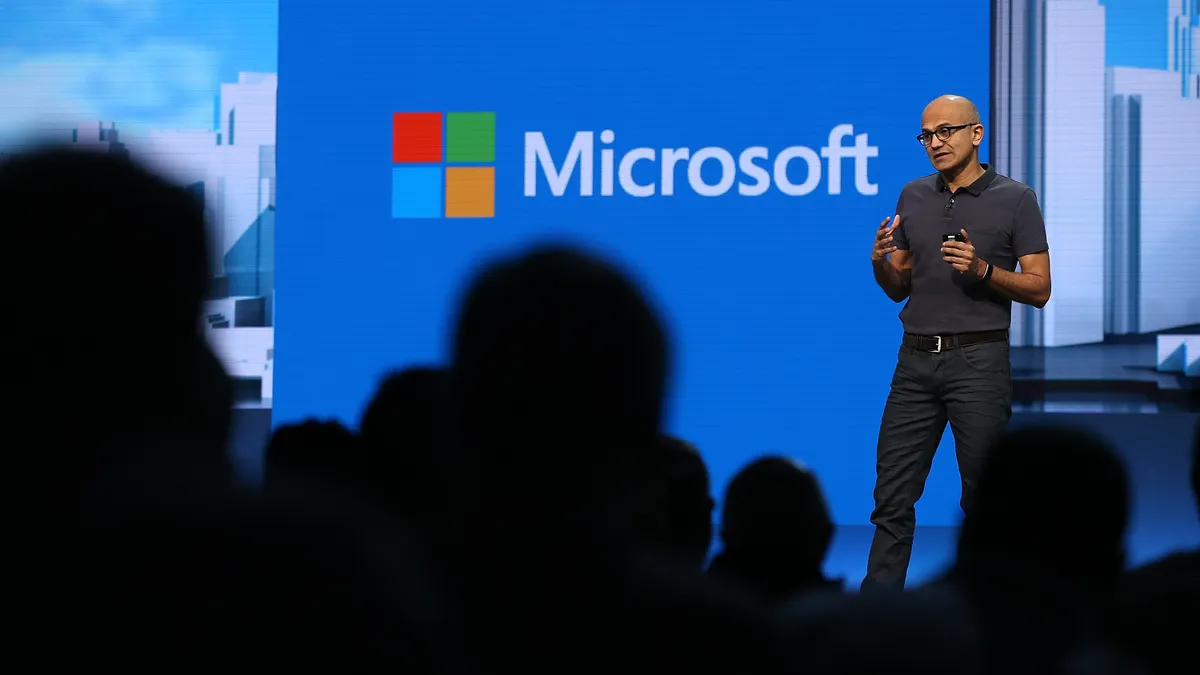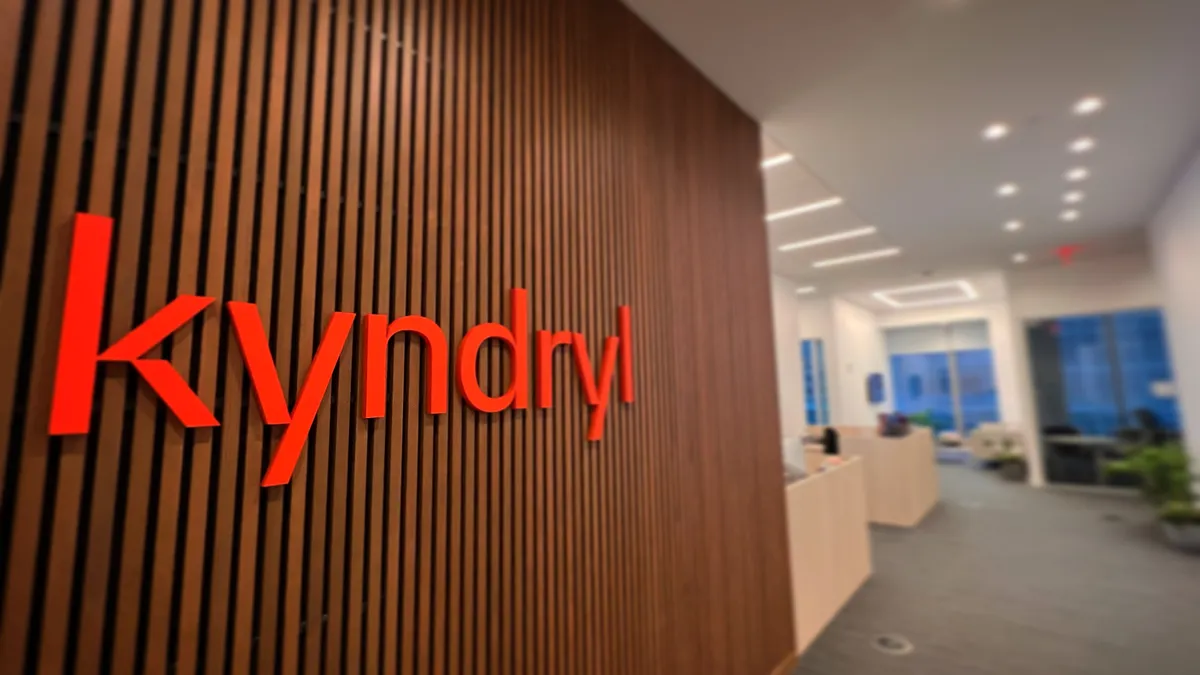Microsoft announced updates and improvements across its products and services at its annual Ignite conference this week in Orlando. Cloud storage functionalities took precedence, but the major tech company did not cast off its software foundation.
The software giant is a force to be reckoned with in enterprise technology with leading SaaS and IaaS solutions. The company continues to push itself as the ultimate one-stop provider for business tech and its market capitalization is currently about $570 billion with no signs of slowing.
Here are five major technolgoies Microsoft is upgrading:
1. Artificial intelligence and machine learning
Microsoft is integrating AI and ML capabilities throughout its products and services and across cloud, on-premise and edge platforms. The company has developed an entire stack of end-to-end AI capabilities for customers and developers, according to a company announcement.
SQL server 2017 includes advanced ML within the database service, and the newest iteration of Azure Machine Learning launches experimentation service, model management service and a workbench for developers and data scientists, according to an announcement. Microsoft is extending AI in Office and Windows, and the tech will serve as the foundation of new intelligent virtual agents for customer service and interaction.
The expansion of Microsoft's AI and ML offerings is essential for the company if it wants its cloud and services to be a one-stop-shop for customers.
Companies are expanding AI portfolios to meet customers' growing demands for AI applications, lest they go elsewhere for such services. The Ignite Conference brought the company's heavy investment into Microsoft Research AI to the forefront with AI upgrades across across company offerings, including collaboration markets, office applications, intelligent agents and the cloud.
2. Azure cloud
Microsoft fully rolled out Azure Stack's hybrid cloud offering. To ease development across the on-premise platform and off-premise Azure, applications can now run in both Azure and Azure Stack, the company announced Monday.
Microsoft released its database migration service to move Microsoft SQL Server and Oracle databases to Azure; the service was first announced in May.
The company also unveiled the Azure Data Box preview program on Monday, which offers a mail-in service to migrate data to the cloud like Amazon's Snowball and IBM's Cloud Mass Data Migration. New Azure Machine Learning tools will afford customers with more tools to analyze and manage data once it makes the migration.
AWS' hold on first place in the cloud provider market is unlikely to change anytime soon, but Microsoft has held a steady second place for the last few years. The company's full stack cloud offers end-to-end tools and services and is bringing big names like GE to its client base.
The hybrid cloud rollout is a big move because a combination of off-premise cloud — through Azure — and on-premise cloud — through Azure stack — offers customers a full hybrid cloud from a single provider. More than half of enterprises use more than one cloud, and public/private hybrid clouds are often preferred by larger organizations.
3. Office 2019
Microsoft announced plans for Office 2019, targeting companies who still heavily rely on on-premise infrastructure. The company remained quiet on most of Office 2019's details, but it is considered the "next perpetual update for Office" and will be released mid-2018, according to a company announcement.
The new software will still include updated traditional Office applications like Word, Excel, PowerPoint and Outlook and servers such as Exchange, SharePoint and Skype for Business.
Office 2019 will also offer companies that are slow to cloud migration features meant to ease on-premise workloads. Improvements are in inking features, visual animation and formulas for Excel-based data analysis. IT management, security and voice capabilities updates will be available for servers.
Long before SaaS and cloud-based migrations, Microsoft built its foundation in software-only models. With the releases of Office 2019, Microsoft is still acknowledging the need for continued software-only products despite creating a line of products to ease cloud adoption.
4. Microsoft 365 F1
In addition to Office 2019, the tech giant announced Microsoft 365 F1, a software designed for the "firstline workforce," or workers positioned on the frontline of a business, such as cashiers and factory workers. The new subscription model will aid in training, IT management and security for devices.
The software bundle is an extension of the original Microsoft 365 and will include Office 365, Windows 10, Enterprise Mobility and Security suite and StaffHub, a shift-management app. The software can accompany devices designed by Acer, HP and Lenovo for frontline workers, according to the report.
Microsoft is trying to make its software services available to customer-facing workers without a traditional desk job to include them in the digital transformation many companies are experiencing.
5. Microsoft Teams
Skype for Business will be replaced by Teams as Microsoft's main collaboration software for cloud-based users with Office 365, reports Reuters. Eventually, Teams will replace Skype for Business entirely as it's projected to be the "primary client for intelligent communications in Office 365," according to a company announcement.
For now, Skype for Business will accommodate companies with their own data centers, but all Office 365 subscribers are expected to gradually transition to Teams. The communication platform is already used by 100 million Office 365 users in about 125,000 companies since its November 2016 launch.
Teams' stronghold poses a market threat to Slack and Workplace by Facebook. But with its established legacy reputation, Microsoft entering the communication platform market was only a matter of time.
Microsoft presents itself as a one-stop-shop for enterprise needs, and communication is no different. To better centralize off-premise communications, Microsoft recently revealed a guest access portal. The portal grants access to any company that has Microsoft commercial cloud services or is in the Azure Active Directory — roughly 870 million people.





















